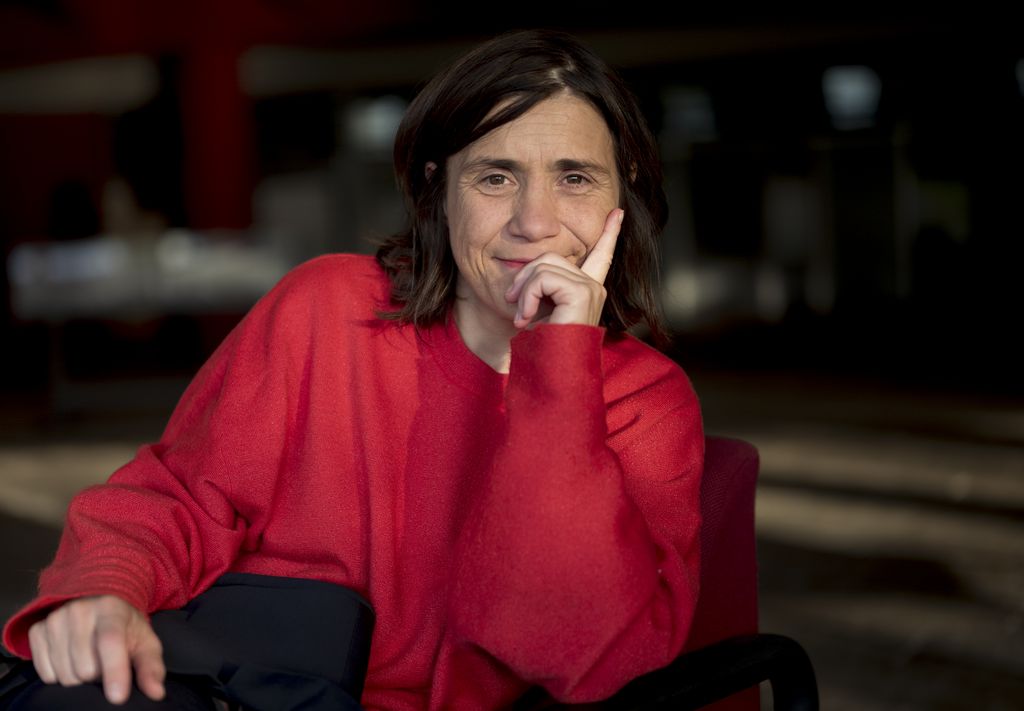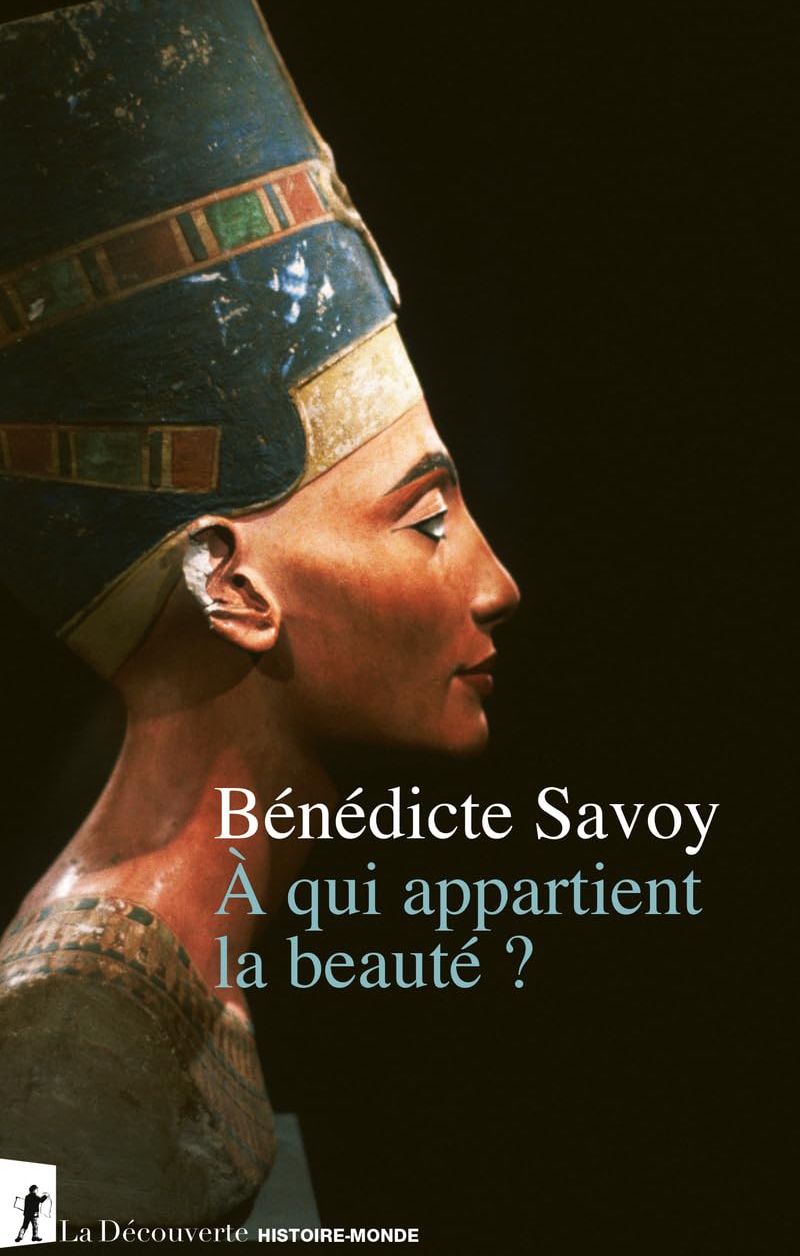
For the movement of thinking
The European Essay Award reveals to readers the best essays in all disciplines. It draws attention to authors whose work bear witness to and offer a fertile critique of current societies, their practices and ideologies. Awarded since 1975, it is the first literary prize devoted solely to the genre of the essay.
Bénédicte Savoy is awarded the European Essay Prize 2025

© Maurice Weiss
Bénédicte Savoy is awarded the 47th European Essay Prize for her book À qui appartient la beauté ? (Paris, La Découverte, 2024, in collaboration with Jeanne Pham Tran; English translation to be published in September 2025: Who Owns Beauty?, Cambridge UK, Polity)
- Press release
- Award ceremony (3 September 2025, 6.30PM) Event Full
- Registration for the discussion panel (4 September 2025, 7.00PM)
- Registration for the rendez-vous at the Théâtre de Vidy-Lausanne (8 September 2025, 7.00PM)

The bust of Nefertiti, the Great Pergamon Altar, the Adoration of the Mystic Lamb, the Sistine Madonna, the Old Summer Palace bronze heads, Watteau’s L’Enseigne de Gersaint, the Bangwa Queen, Klimt’s Portrait of Adele Bloch-Bauer, the Benin Bronzes: through the journeys of these iconic works, Bénédicte Savoy reflects on desire and domination, on rupture and restitution, and on the profound emotions evoked by beauty when it is laced with pain of historical loss.
Bénédicte Savoy is Professor of Art History at the Technische Universität Berlin. She is the author of numerous works, including The Restitution of African Cultural Heritage. Toward a New Relational Ethics (with Felwine Sarr, Paris, Ministère de la Culture, 2018) and Africa’s Struggle for Its Art: History of a Postcolonial Defeat (Princeton, Princeton University Press, 2022).
It is important to make the public aware of the contexts that have enabled European museums to become what they are today: the repositories of world art, of course, but also, and with equal importance, of the history and geopolitics of the 19th and 20th centuries. […]
Introspection is the effort that consists, collectively, in linking the objects kept in our museums to the history of their arrival here and to the people who live today where they were yesterday. It is a way of showing and thinking, of consciously embracing the cumbersome part of our history as Europeans, “to whom everything came”.
Bénédicte Savoy, À qui appartient la beauté ? Paris, La Découverte, 2024, p. 52 and 8